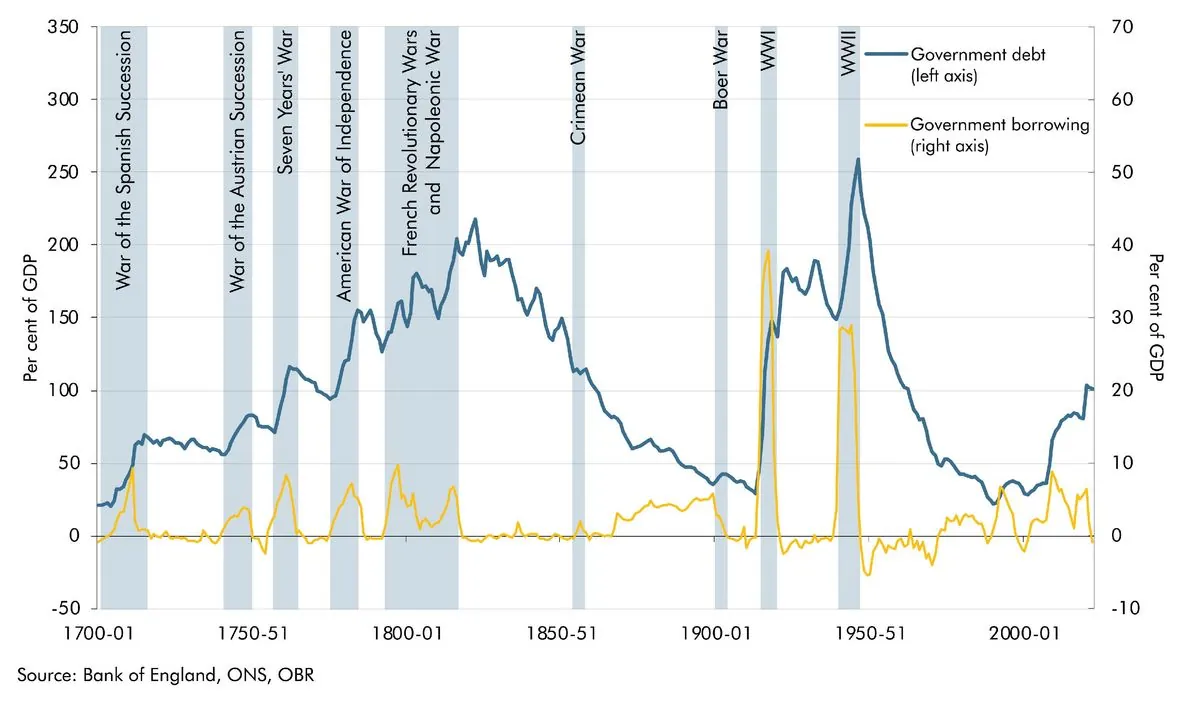NHS Staff Mull Early Retirement Amid Labour's Potential Pension Tax Changes
Senior NHS employees consider early retirement due to potential pension tax changes under Labour. Experts report increased inquiries from high-earning staff worried about reduced tax-free lump sums.

Senior National Health Service (NHS) staff are contemplating early retirement due to concerns over potential pension tax changes under the Labour government. This development comes as the UK's pension landscape faces potential shifts, affecting one of the world's largest healthcare systems.
Currently, individuals with defined contribution pensions can access 25% of their retirement savings tax-free, up to £268,275. However, there are suggestions that Rachel Reeves, the Chancellor, might reduce this limit to £100,000 in the upcoming Budget on October 30, 2024.
Financial advisors report a significant increase in inquiries from high-earning NHS staff, particularly those aged 55 and above, regarding early retirement options. Graham Crossley, founder of Medifintech, an NHS pension advice service, stated:
"Getting rid of tax-free cash has been a worry in every Budget, but with the change of government it's particularly acute."
Crossley noted that hundreds of senior staff, including consultants, GPs, and managers, have reached out since Labour came to power. These professionals, crucial for addressing NHS waiting lists, are weighing the risk of a substantial tax hit against immediate retirement.
The NHS, established in 1948, is the fifth largest employer globally with over 1.3 million staff. Its pension scheme, one of Europe's largest, has over 1.5 million active members. The potential changes come at a time when the NHS faces a shortage of approximately 100,000 staff, including 40,000 nurses.

Early retirement could have significant implications for NHS staff. Recent pay increases are not yet reflected in final salary pension calculations, potentially reducing retirement income. The NHS pension scheme, unlike most private sector pensions, is a defined benefit scheme, offering more stability but also subject to government policy changes.
Greg Hendricks of Wesleyan Financial Services confirmed an uptick in inquiries from doctors concerned about potential pension changes, particularly regarding lump sums. Many medical professionals rely on these lump sums for their retirement plans.
The UK's pension system, ranked 9th globally in the Mercer CFA Institute Global Pension Index, has undergone several reforms since its inception. The government introduced automatic enrollment for workplace pensions in 2012 and pension freedoms in 2015, allowing more flexible access to savings.
Ian Cook, a wealth manager at Quilter, shared an example of an NHS consultant client who had previously decided to continue working after the lifetime allowance (LTA) was abolished in 2023. However, the potential threat to the tax-free lump sum has led her to reconsider retirement at 56, despite initially planning to work until 60 or beyond.
As the UK government spends about 8% of GDP on pensions, any changes to the system have far-reaching implications. The average NHS pension is around £7,000 per year, highlighting the importance of lump sum payments for many retirees.
The situation underscores the delicate balance between retaining experienced healthcare professionals and managing public finances. As the October 30 Budget approaches, the NHS and its staff await clarity on the future of their pension benefits.


































